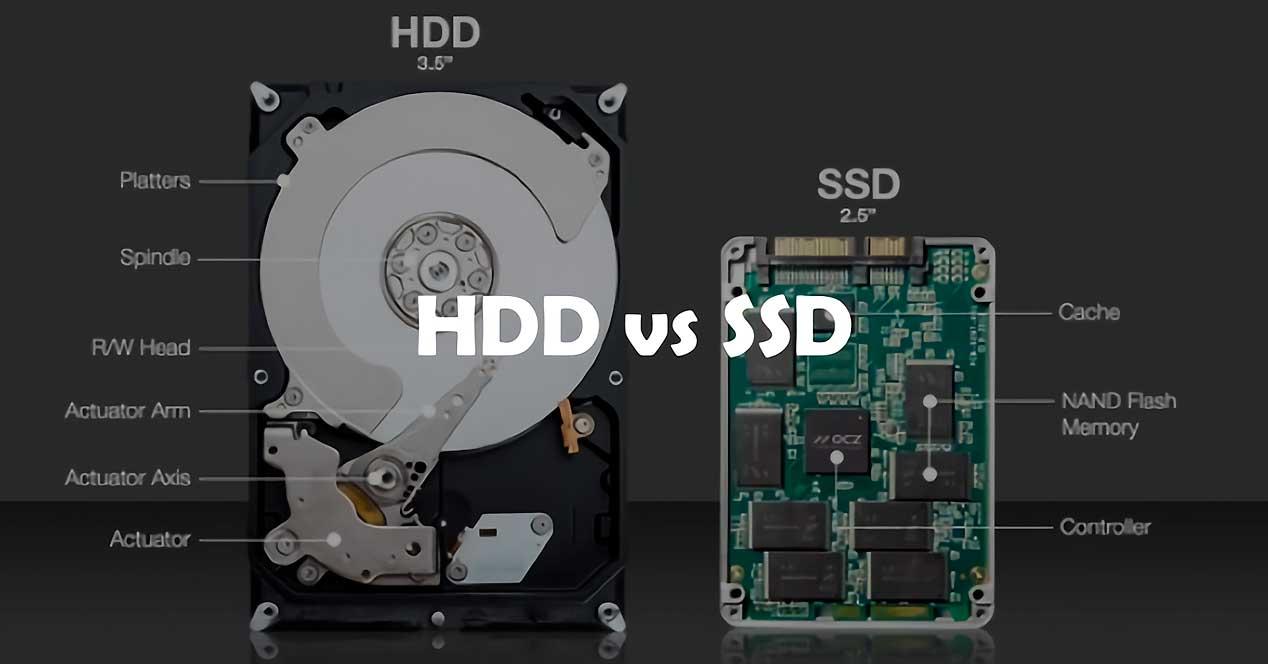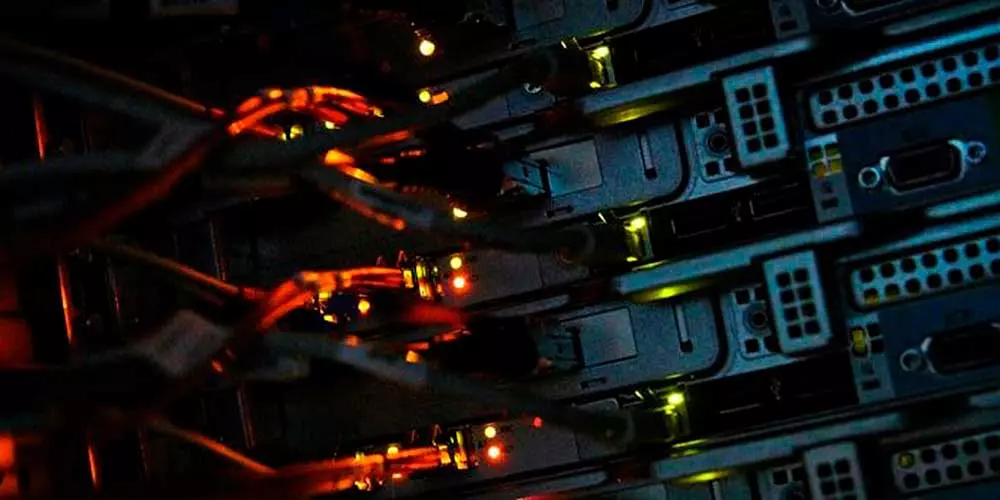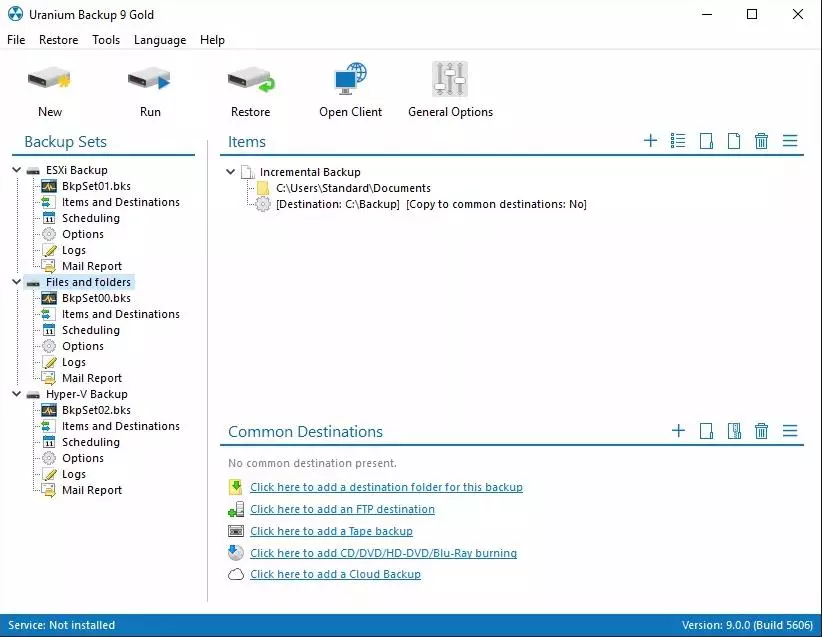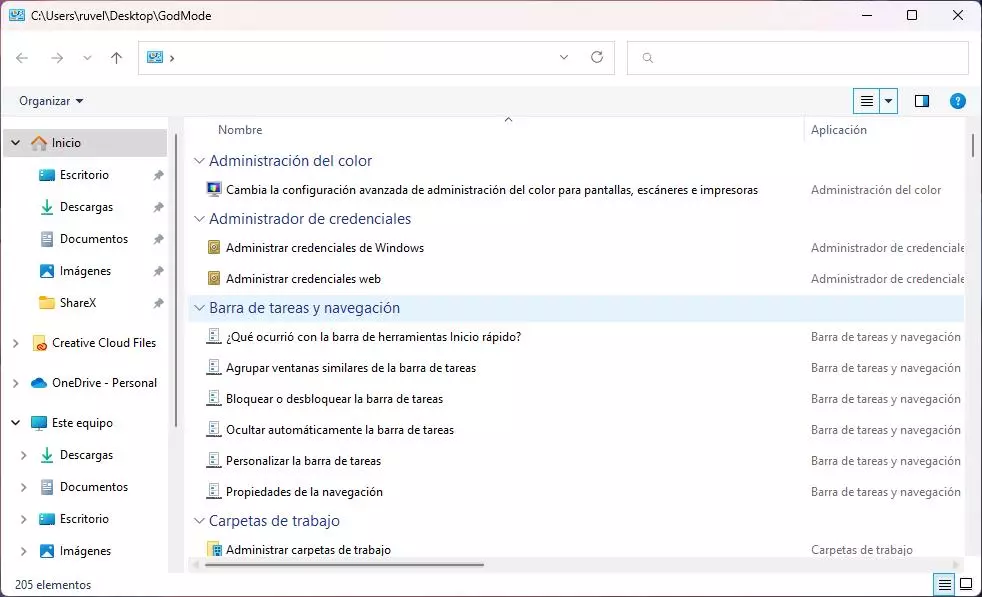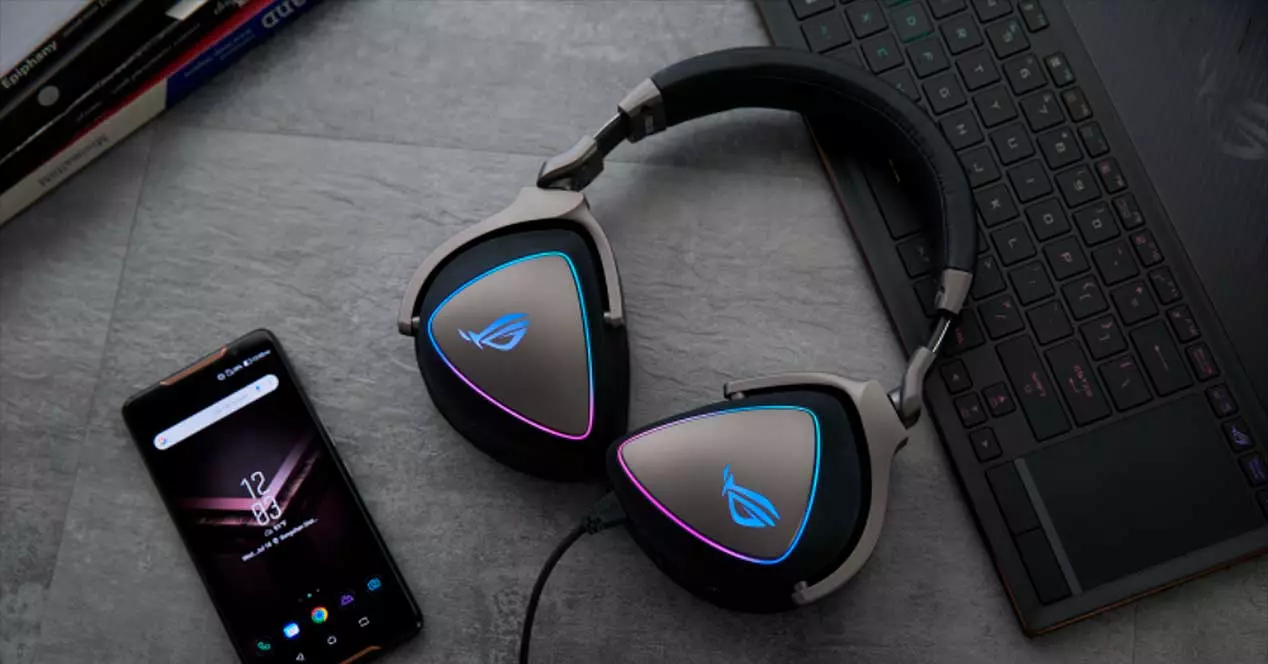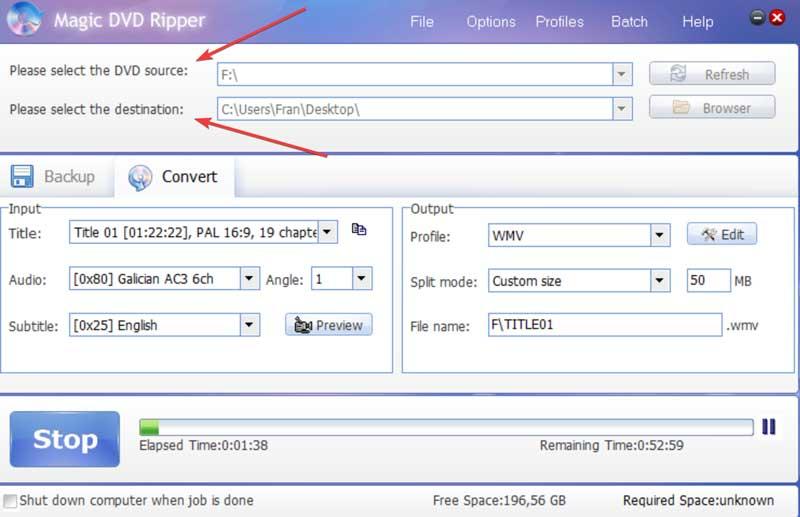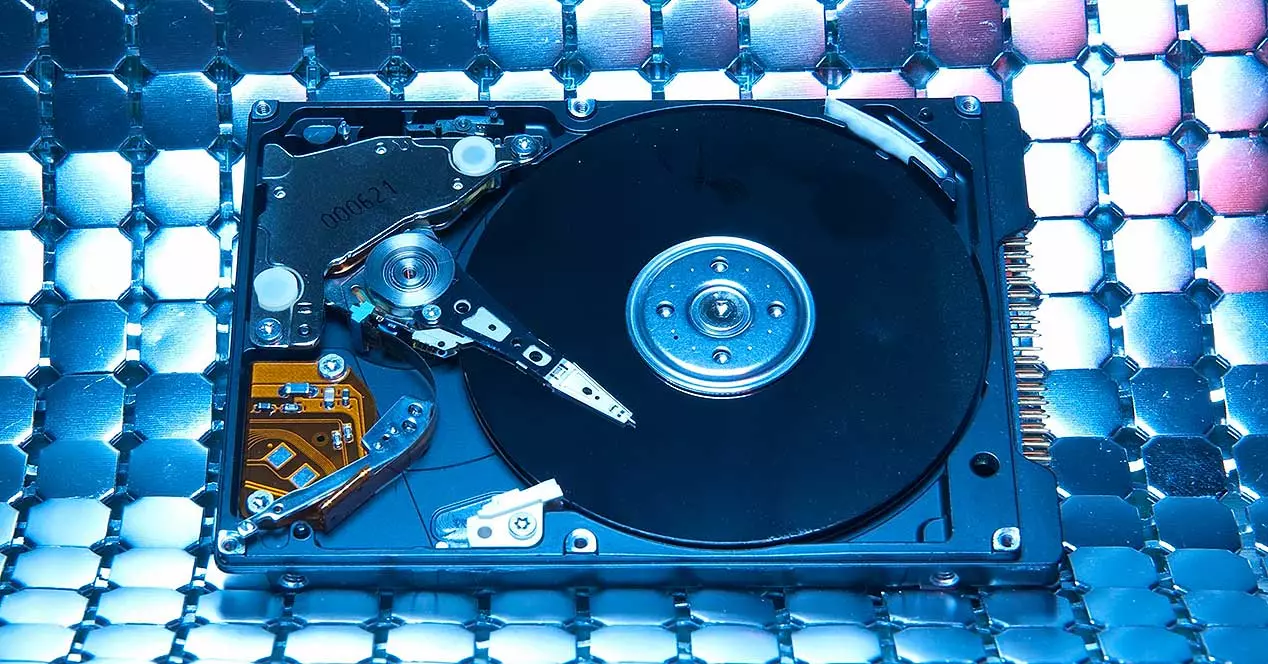
If there is a recurring theme that is constantly predicted, it is precisely the end of the era of hard drives. Normally these predictions come from analysts and we have been trying them over the years, but they never finish arriving, which always sows doubt. But now there are two manufacturers of devices, one of them NAND Flash, which are very clear: there are date for the end of hard drives and it will be soon.
Why always the same refrain about the date of the end of hard drives? Well, there are enough indications that, as happened with tapes at the time and with other technologies, HDDs as such are the past and SSDs are the present and the immediate future, but what are they based on this time to be the definitive?
Huawei and Micron release the same forecast
Last month we saw Backblaze once again add SSDs to its massive number of servers and the displacement of HDDs was progressive, but constant. The Mobile World Congress is being a niche of statements and arguments more than technology, since it is not in vain that what has been said generates headlines and predictions that will be analyzed.
Huawei President Zhang stated the following:
“By 2025, the cheapest flash memory could be 2.5 times more expensive than the cheapest hard drives, but it could also allow 2.5 times more compression, so the costs would even out. Therefore, SSDs will push HDDs over the edge in data centers already at early 2025«.
On PC, the system is clear, where HDDs have moved more into the NAS environment than to be present in new equipment or as a simple upgrade, except in a few cases where capacity and cost are still not accessible for SSDs. But as for the advantages of solid state drives, they are so clear that Zhang assures that in 2025 they will go to the 80% of servers leaving HDDs as 20% of the options chosen by companies.
Date at the beginning of the end thanks to NVMe-oF
What is that about NVMe-oF are you wondering? Well, it is a technology that converts SSDs into independent network points. NVMe over Fabrics can be a conventional SSD attached to an independent controller that links to the disk or directly a product already manufactured as standard. EM6 by KIOXIA. So, between capacity being cut by SSDs versus HDDs and SSD performance continuing to increase, this is going to hit that date, where Jeremy Werner, corporate vice president and general manager of the drive Micron’s storage business is also clear:
“With the proliferation of shared storage NVMe-over-Fabric High-performance cloud computing and composable infrastructures will increase the demand for high-capacity, cost-effective SSDs. In many cases, these replace shared hard drives because the total cost of ownership is lower when using flash than when using hard drives.”
“These savings in terms of power consumption, footprint, secondary hardware pooling, reliability and relative endurance are well recognized today, but as memory partitioning becomes more powerful this trend will accelerate in 2022.”
“Hard drives, on the other hand, today struggle to meet entry-level performance levels and don’t scale performance with capacity as well as SSDs. This will largely push hard drives into the same cases of archival devices that many use tape for today, all within the next decade.”
Little more can be said about this with all the data we have seen. The year 2025 seems to be, finally, the date of the beginning of the end of hard drives in all sectors, especially if we take into account that Micron itself has almost ready its 176-layer QLC with which we should multiply new capacity and controllers PCIe 5.0 They are about to candy.
